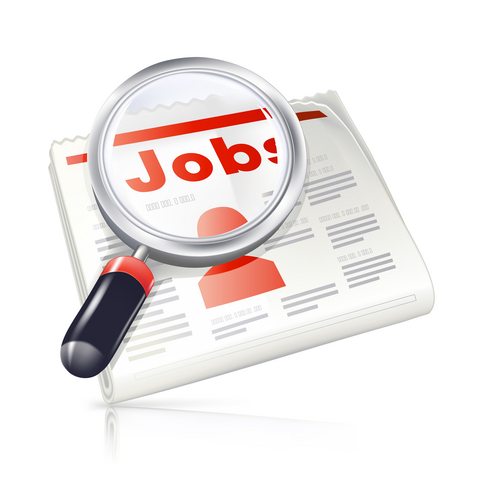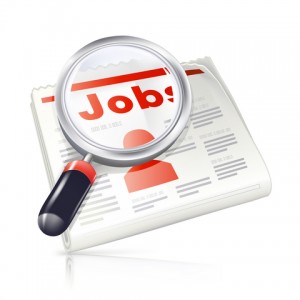Overcome Job Interview Nerves?
Did you know that the job interview is often voted as the number one fear for Americans and Brits alike?
Do you need to be charismatic to pass a job interview?
You don’t need to be super confident to win the job interview, but having fears and anxieties during the recruitment process will lead to you missing out on the chance to increase your salary, a chance to move up a step on the career ladder, in short, the chance to pass the job interview.
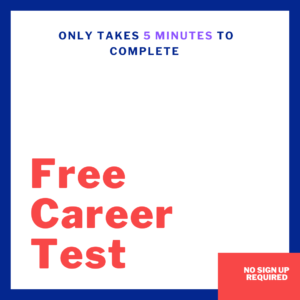
How to overcome interview nerves – Practice and Strategies
Most people only spend around 45 minutes preparing for a job interview.
Whereas, interview professionals spend around 4-5 hours preparing, as they know that a successful job interview can be life-changing – how long do you, on average, spend preparing for your job interview?
The first way to increase your interview confidence is to use job interview answer strategies. Having a strategy is like having a plan; with a plan, you feel more in control and feeling in control equals confidence.
A job interview strategy allows you to answer those curve ball interview questions with ease. Imagine you get asked one of the most common asked questions in interviews:
The most commonly asked Job Interview Question.
“Tell me about your (add industry; example – sales management) experience?”
This question, normally asked at the beginning of an interview, gives you the opportunity to deliver a short statement about your experiences and skills relevant to the job position you are applying for. But most people struggle to answer this question with confidence (which makes the rest of the interview go downhill) because they have no strategy.
With a simple strategy, you can answer with all interview questions with ease, as you focus on the strategy not what you are saying. The mind shift in focus creates confidence.
The strategy for (most) interview questions is ‘ADS.’
Answer, Detail, Summary – following this strategy, you will answer the interview question straight away by using a confirmation statement, next you give detail (often in the form of a story/experience) which highlights either your experience or your unique selling point, before finally summarising your interview answer (reaffirming your selling point)
With all interview questions the employer is looking for a key skill or experience (to check if you are suitable for the position in their organisation) The interviewer with opening job interview questions want to know if you have the generic experience and skills for this role, the following questions will help undercover specific required skills.
- Answer – give the duration of time in this industry “I have worked in X sector for 15 years…” then state several achievements to highlight your competencies “….during this time I have achieved Y and Z…”
- Detail – start a story or state an experience to create an emotionally based interview answer “….I did by (add story)…” or “an example of this was when I ….”
- Summarise – sum up the whole interview answer “….This is why I’m applying for the advertised position, with my 15 years experience and my ability to Y and Z, I know I will be asset to your organisation” to reconfirm your unique selling point.
Remember a strategy gives you confidence, a platform and a plan to rely on when feeling nervous.
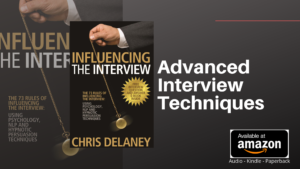
Job Interview Fear Destroying Technique.
The process of understanding how job interveiw anxiety works can be complicated but put simply;
When you are nervous, your heart beats erratically, this erratic heartbeat sends a signal to the amygdala part of your brain. This signal fires of the flight, fight or freeze response. In this state your mind works differently, your logical part of your brain shuts down and you respond automatically – this is why you forget your well planned job interview answers during the job interview.
For more information on how you can control your mind read this book Evolve the Mind
Control Interview Anxiety.
To control this reaction all you need to do is control your breathing – as this sends the opposite signal to your brain. To be in control you need to breath rhythmically.
- Breath in for 4 seconds
- Hold the breath for 3 seconds
- Breath out for 8 seconds (a long strong breath)
- Repeat until you feel relaxed
Rhythmic breathing changes your hart rate and sends more oxygen to your brain helping you to create a state of relaxation. This is key because the most charismatic interviewees are those who come across controlled and relaxed.
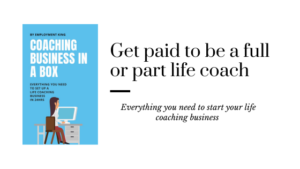
The Job Interview Power Game
People become afraid when intimidated by others.
The job interview is often, unintentionally (with some high powered job interviews – intentionally) a power play. In a one to one situation, there is always a power game where one person is more in control then the other; we often take our lead from this power person without being aware of it.
In the job interview you need to be in charge. To become more powerful you can show your authority for your sector by stating information about the sector that other people aren’t aware of (a quick google search can help you uncover some interesting facts about your niche) or become an industry expert.
The person power play is a barrier to interview confidence, the person power play is when you react differently to different people in the same situation; if you see someone s intimidating you will feel intimidated.
Feel more confident in a job interview.
First, you need to dress to impress, everything about you has to shout power.
Secondly, and more importantly, you need to look for those little things that will show you at the interview is human: look for scuffed shoes, dandruff, loose buttons on shirts or a dirty office. By finding things that diminish the feeling of power from the interviewer you will feel more relaxed – the best state for a job interview
The power game is simple but has a massive psychological impact on your job interview and the job interview outcome
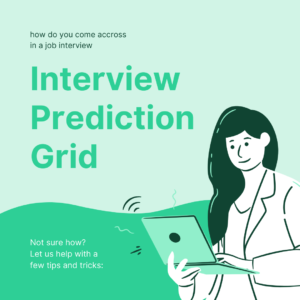
Conclusion
Many people are afraid of job interviews. The truth is if you prepare for your job interview, by predicting the job interview questions, you can easily prepare your job interview answers.
If your job interview answers highlight your unique selling point, are stated in the positive and are said in a confident manner, then you can influence the job interview to increase job offer.
The techniques stated above are simple and easy to implement. They will help you to control your state creating a state of confidence that allows you to sell yourself while remembering your key selling points.
Interview Preparation Resources
Other People Who Read This Article Also Read:
Sponsored Ad




